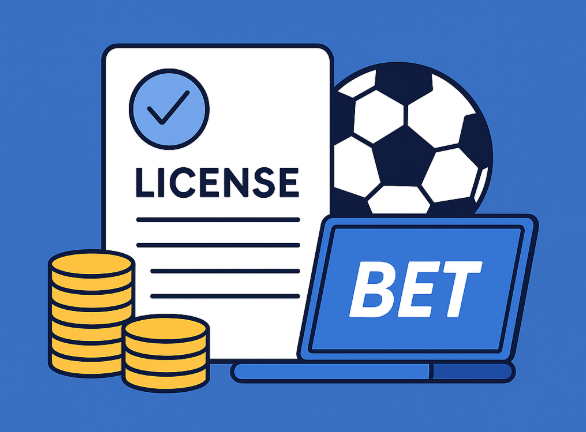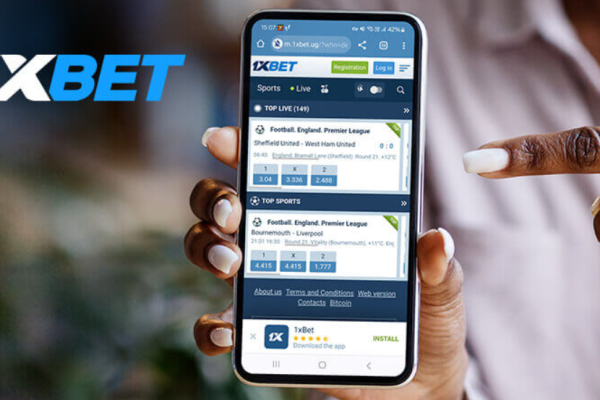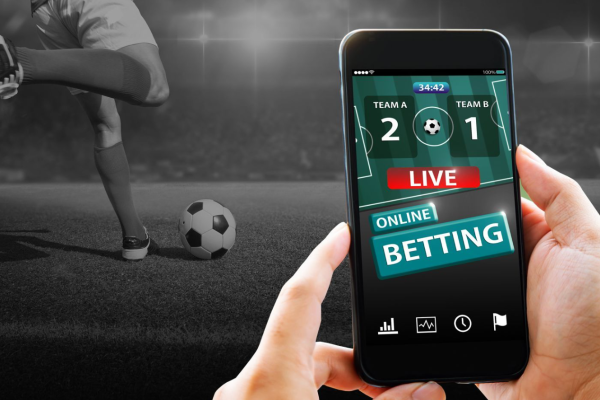When choosing a bookmaker, many users focus on odds, bonuses, and app design. But one of the most critical and often overlooked—factors is the betting license. A license is more than just a legal formality. It defines whether a bookmaker is regulated, how it must operate, and what protections it offers to users.
In short, a license is your first sign of trustworthiness. But how do you understand what it says, and more importantly, what it means?
What Is a Betting License?
A betting license is an official document issued by a regulatory authority that allows a company to legally offer gambling services. To obtain one, a bookmaker must meet strict conditions regarding security, fairness, player protection, anti-money laundering, and financial stability.
Licenses are typically issued by government institutions or recognized gambling commissions. Not all licenses are created equal—some are well-respected, others are minimal or even meaningless.
Common Licensing Authorities
Here’s a comparison of major licensing bodies and what they offer:
| Licensing Authority | Jurisdiction | Known For |
|---|---|---|
| UK Gambling Commission (UKGC) | United Kingdom | Strict regulation, high player protection |
| Malta Gaming Authority (MGA) | European Union (Malta) | Fair play, EU recognition |
| Curaçao eGaming | Curaçao (Caribbean) | Easy to obtain, low fees |
| Gibraltar Gambling Commission | Gibraltar | Used by many major brands |
| Kahnawake Gaming Commission | Canada (Mohawk Territory) | Focus on North American market |
Understanding the country and authority behind the license gives insight into how serious the operator is about security and legal compliance.

How to Read a Bookmaker’s License Page
Most legitimate bookmakers include licensing details at the bottom of their website. Here’s what you should look for and how to interpret it:
| Element on the Site | What It Means |
|---|---|
| License Number | Should be verifiable on the regulator’s website |
| Licensing Authority Name | Tells you who governs the operator |
| Company Name / Registration Number | Legal identity of the bookmaker |
| Validity or Expiry Date | Ensures the license is still active |
| Jurisdiction | Shows where legal disputes would be handled |
If any of these are missing or seem vague, it’s a red flag. Reputable bookmakers are transparent because they have nothing to hide.
How to Verify a License
Don’t just trust what a website says. You can often copy the license number and search for it directly on the regulator’s official site. This confirms whether the license is real, current, and applies to the operator in question.
For example, the UK Gambling Commission has a public search tool where you can enter a license number or company name and see full details about the operator’s status.
This small extra step can save you from serious risks like non-payment of winnings or the sudden disappearance of a rogue operator.
What a License Doesn’t Guarantee
While a license offers a layer of legal safety, it doesn’t guarantee a perfect experience. Some licensed bookmakers still offer poor customer support, slow withdrawals, or aggressive marketing. But the absence of a license is a much clearer warning sign.
Also note that some licenses do not cover all countries. A bookmaker licensed in Curaçao may be legal in some jurisdictions but unauthorized in others. That’s why regional restrictions and terms of service matter.
Licensing may seem boring compared to flashy odds and welcome bonuses, but it’s the backbone of responsible betting. A bookmaker with a respected license has passed multiple checks, follows legal obligations, and is subject to audits and oversight.
Understanding how to read and verify a license helps you make smarter choices, avoid shady platforms, and protect your funds. Always scroll to the bottom of the site, check the licensing info, and if in doubt—verify it yourself.
Smart betting starts with smart research, and it begins with the license.





